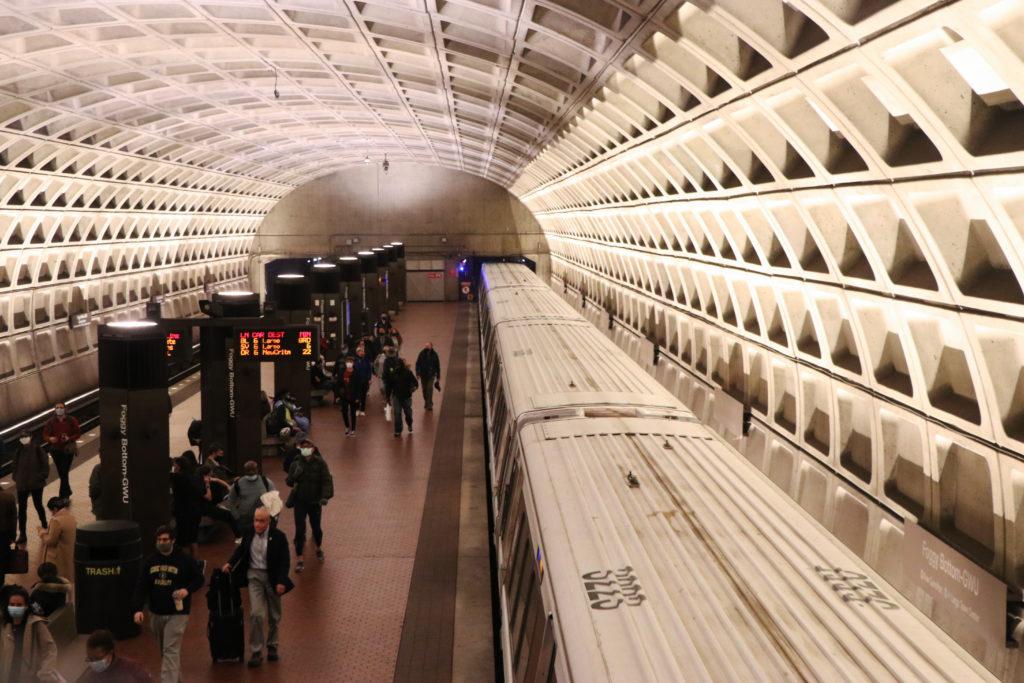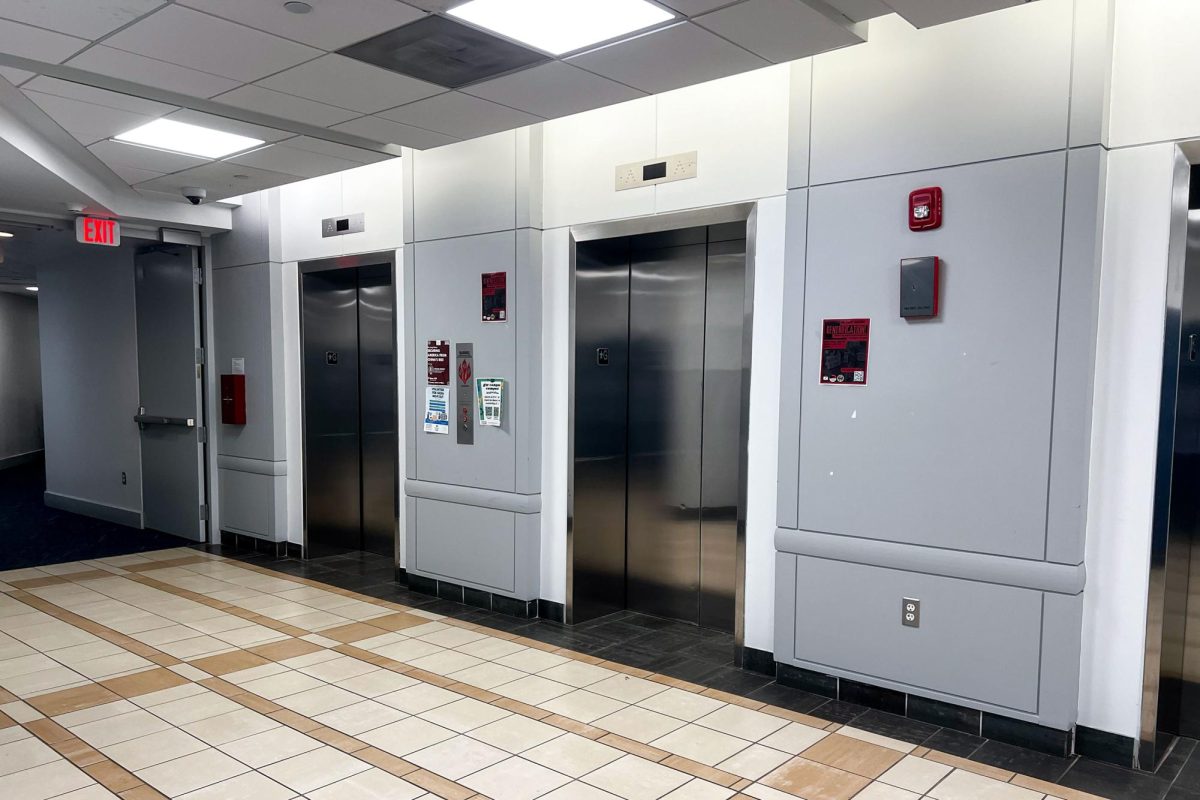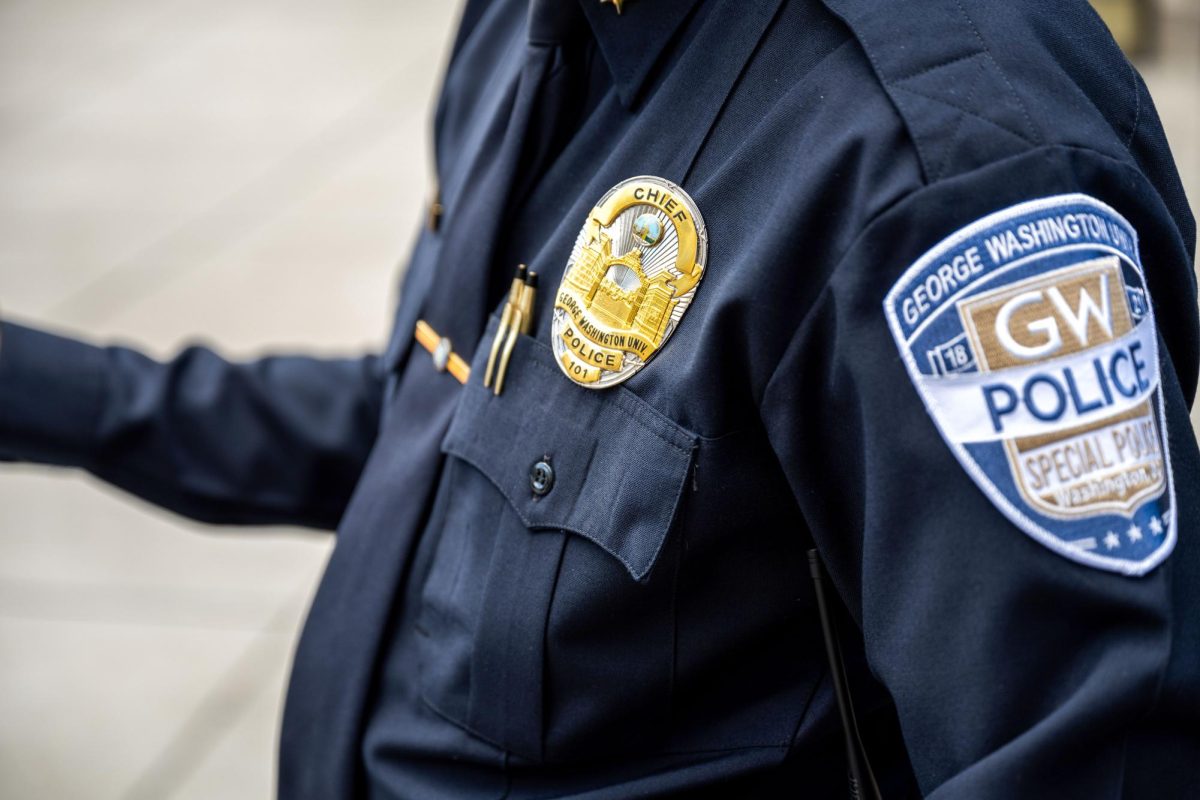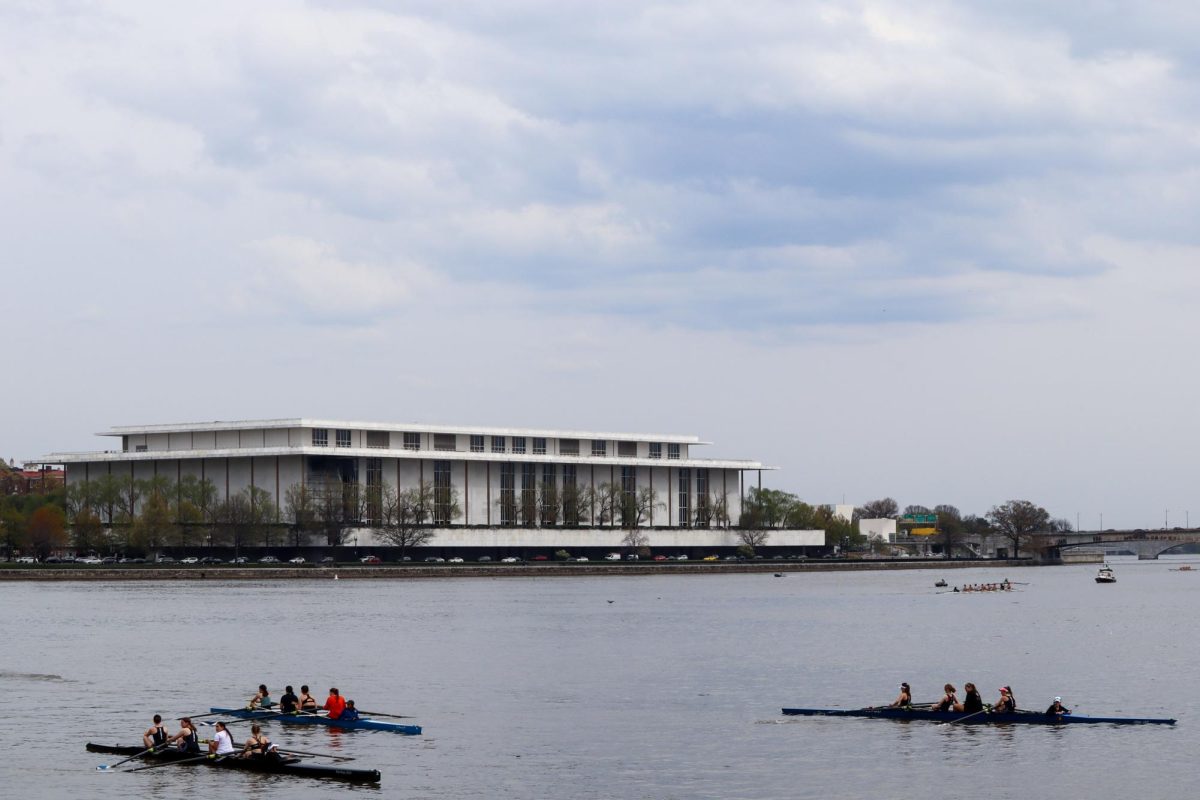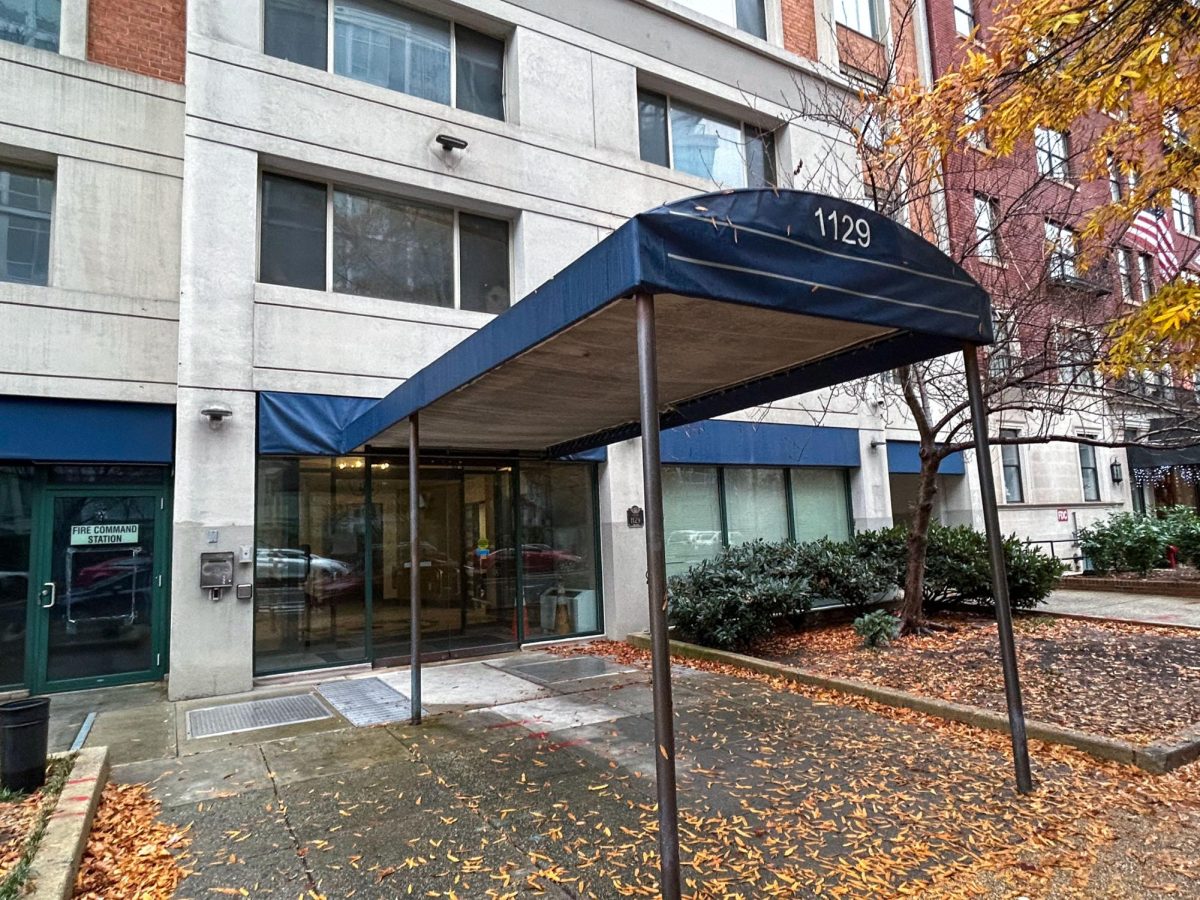New Washington Metropolitan Area Transit Authority General Manager Randy Clarke started his role amidst a challenging era for the Metro on Monday.
Clarke’s start date was originally scheduled for earlier this summer but he needed a “break” after resigning from running Austin, Texas’ transit system, according to a Washington Post article. Clarke said improving safety for passengers and service frequency are his top priorities as general manager.
“Crawl, walk, run,” Clarke said in a Washington Post article. “We’ve got to get service back to a reliable, frequent level that everyone can rely on and be really proud of.”
Clarke said addressing the Metro’s more long-term problems like the finances and business model will come after addressing safety and frequency. On his first day, Clarke rode the Metro to work from the Foggy Bottom station, leading a long trail of media into the station.
Clarke has worked in the transportation industry for more than two decades, including serving as the chief executive of the Austin-based Capital Metropolitan Transportation Authority and the chief safety officer at the Massachusetts Bay Transportation Authority in Boston.
Metro’s last CEO, Paul Wiedefeld, stepped down in May along with two other top executives after officials announced further train service delays due to a failure to properly recertify more than 250 train operators.
The Metro has struggled to regain passengers after the COVID-19 pandemic and is experiencing its biggest crisis since 2015 after a train derailed on the Blue line last October that led to major delays and suspended rail services.
The derailment forced Metro officials to pull more than half of the city’s railcars after an investigation linked the derailment to a wheel and axle assembly malfunction on 7000-series trains. The 7000-series trains remain sidelined nearly 10 months later, continuing the delays.
“You’re not going to hear me differentiate a lot between service and safety,” Clarke said in an article. “I’m a fundamental believer that if we are delivering service, it is safe. That’s not a choice.”


